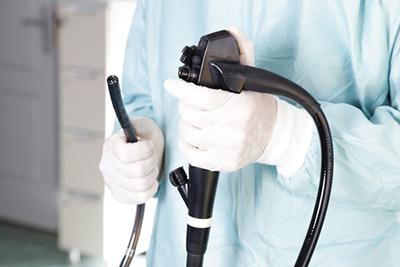
Colon cancer isn’t a topic people like to think about, but it’s important. Colon cancer may not show any signs or symptoms, but it can be deadly. Colon cancer screenings can help detect colon cancer in its early stages, to provide a better outcome for you. These are just a few frequently asked questions and answers about colon cancer and colon cancer screening:
What Are Some of the Signs and Symptoms of Colon Cancer I Need To Know About?
Colon cancer has a wide range of symptoms and can easily appear like a common illness. Signs and symptoms of colon cancer you need to pay attention to include:
- Unexplained weight loss
- Chronic weakness and fatigue
- Chronic abdominal cramping and pain
- Frequent diarrhea or constipation
- Rectal bleeding and dark, tarry, stools
Is There Anything I Can Do To Prevent Colon Cancer?
There are several important ways you can help reduce your risk of developing colon cancer. You should:
- Eat a high-fiber, low-fat diet, including reducing red meat and whole-fat dairy products
- Exercise regularly and maintain a healthy weight
- Avoid using tobacco products and consuming excessive alcohol
When Should I Have My First Colon Cancer Screening?
You should get a colon cancer screening at least by the time you are 45 years old. Your gastroenterologist may recommend a colon cancer screening earlier if you have a family history of colon cancer or you have any of the signs or symptoms listed above.
What Happens During a Colon Cancer Screening?
A colon cancer screening is typically performed with a colonoscopy. Your gastroenterologist can discuss the colonoscopy options which include:
- Swallowing a capsule with a small camera, which travels down your digestive system and sends images to a device which you wear
- Traditional colonoscopy which involves using a thin, flexible tube, known as a colonoscope. This tube is inserted into your rectum and guided up into your intestine. The tube contains a camera which gives your gastroenterologist a view of your colon.
Want To Know More?
To find out more about the importance of colon cancer screenings, how often you should have one, and what to expect, talk with your gastroenterologist today.
